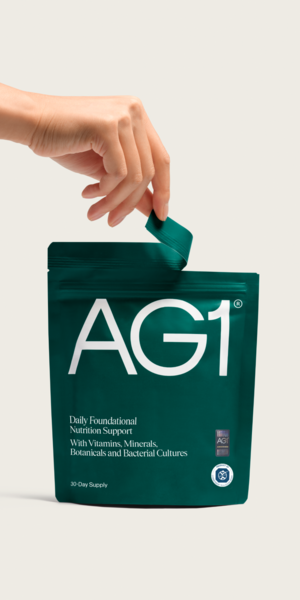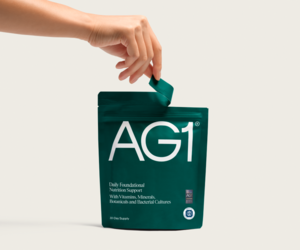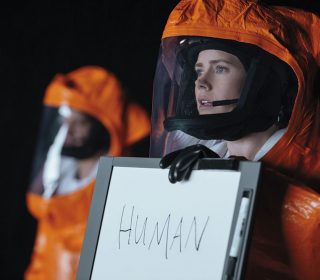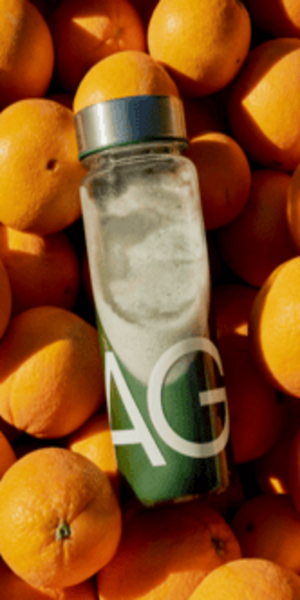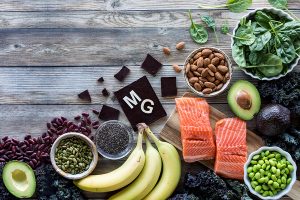Cheat sheet: 16 different diets, explained
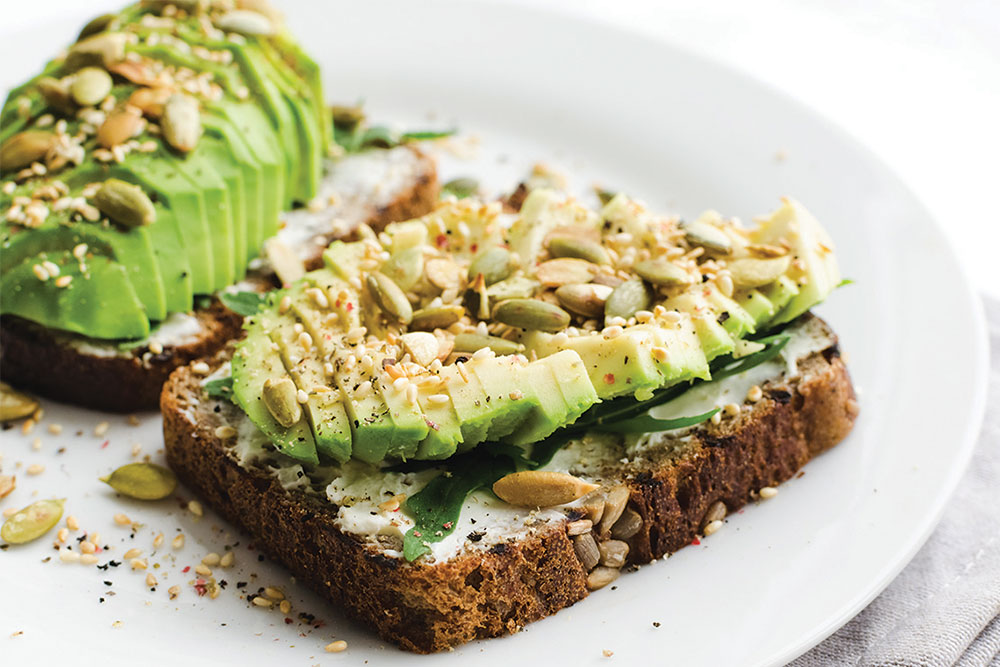
Another day, another fad to blame millennials for. If you’re out of your depth, refer to this cheat sheet of the 20th-century eating habits you need to know about.
Gluten-Free – Something without gluten, like pasta or bread. (“This organic, gluten-free wholemeal pasta is £17.99 per bag, but it’s worth it so I won’t get brain fog”)
Dairy-Free – Cutting out dairy (milk, cheese and cream) from sheep, goats and cows. People can be dairy-free for environmental, animal rights or allergy reasons
Lactose Intolerant – When one’s stomach doesn’t cope well with sugars in milk. However, lactose intolerant folk can still eat sheep’s milk products
Paleo – The current trend for people eating like ‘cave men’. Comprises a diet of meat, fish, veg and fruit, while avoiding processed dairy or cereal products
Coeliac – Medical term when someone is genuinely intolerant to gluten (proven by blood tests) and hasn’t just decided to cut it out of their diet…
Keto – (See also ‘ketogenic’) A low-carb, high-fat regime, often used for weight loss, in which the body converts
Vegan – The act of ridding one’s life of any animal product, including unexpected things like figs and honey, from products as well as food
Vegetarian – The pretty manageable diet, free from fish and meat, in which one can still eat dairy (“I tried veganism but it was too hard, so now I’m a vegetarian”)
Pescatarian – Someone who has adopted a largely vegetarian diet, but is willing to include fish (“I’m a pescatarian, but I only eat sustainably-sourced salmon”)
Sugar-Free – A food plan or product without sugar, which includes some fruit and vegetables, white bread, white rice and potatoes
Fruitarian – A diet made up of 55-75 per cent raw fruit, including some which are commonly thought of as vegetables like avocados, tomatoes, cucumbers and peppers
Flexitarian – The name given to a plant-based diet which doesn’t involve cutting any food groups, but allows for the occasional consumption of animal products
Pollotarian – A lifestyle which excludes red meat, but allows the consumption of white meat, fish, dairy and eggs (“I watched Cowspiracy and the next day I went pollotarian”)
Beegan – A diet similar to veganism, but it allows consumption of products including honey, which is a controversial part of an animal-free diet
Macrobiotic – Based on the Chinese philosophical concept of ‘yin and yang’, it consists of balancing food groups, like cereals and grains, with vegetables and beans
Lacto-Vegetarian – Another diet similar to vegetarianism, but avoids eggs (“When I found out the egg industry kills all male chicks, I became a
lacto-vegetarian”)



